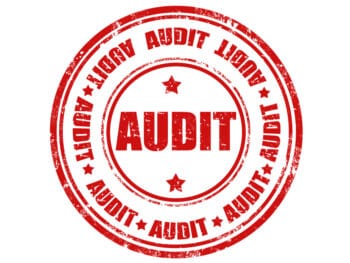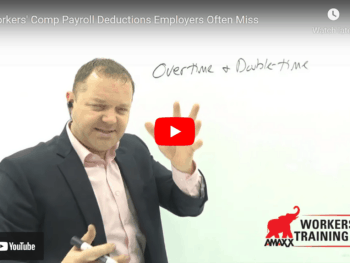Illinois Worker's Smoking Impedes Recovery, But Is Not an Injurious Practice That Would Trigger Disqualification of Benefits Here's what happened A worker sustained a work-related injury, remained out of work for a substantial time period, and underwent two rounds of surgery on his back. There was some expert testimony that claimant's recovery had been hindered by his continued cigarette smoking and at least one physician indicated a third operation was necessary to alleviate the worker's condition, but not advisable, because of claimant's continuing smoking. The employer contended that claimant's use of cigarettes constituted an injurious practice under 820 ILCS 305/19(d), which generally provides that if any employee persists "in insanitary or injurious practices which tend to either imperil or retard his recovery …," the Commission may, in its discretion, reduce or suspend the compensation of any such injured employee. Alternatively, the employer argued that claimant's smoking was an intervening cause that severed the causal relationship between claimant's injury and the employment. The Workers' Compensation Commission found that claimant had not engaged in any injurious practice. Here's how the Court ruled. In Global Prods. v. Workers' Comp. Comm'n, 2009 Ill. App. LEXIS 352 (June 9, 2009), the Appellate Court of Illinois (First District, Workers' Compensation Division) disagreed, holding first that the claimant's smoking was not an intervening cause of his disability. Claimant had smoked both prior to and subsequent to his injury; the smoking had not intervened. The court also observed that while the claimant had problems healing from the surgery based upon his smoking, the employer had not shown that the claimant smoked cigarettes for the purpose of retarding his recovery. Here, the claimant smoked in spite of its potential impact on his recovery, not because of it. The court observed that claimant had made an unsuccessful attempt to quit smoking. A reasonable person could, therefore, conclude that the claimant should not be penalized when he made a good-faith attempt to prevail over his addiction. The Commission's decision that the claimant did not engage in an 820 ILCS 305/19(d) practice was not an abuse of discretion. However, the Commission's decision to award penalties against the employer was an abuse of discretion as the employer could rely upon its expert, whose testimony that smoking was impeding the claimant's recovery was relatively compelling. See generally Larson's Workers' Compensation Law, § 10.10. Tom Robinson, J.D. is the primary upkeep writer for Larson's Workers' Compensation Law (LexisNexis) and Larson's Workers' Compensation, Desk Edition (LexisNexis). He is a contributing writer for California Compensation Cases (LexisNexis) and Benefits Review Board – Longshore Reporter(LexisNexis), and is a contributing author to New York Workers' Compensation Handbook(LexisNexis). Robinson is an authority in the area of workers' compensation and we are happy to have him as a Guest Contributor to Workers' Comp Kit Blog. Tom can be reached at: compwriter@gmail.com. http://law.lexisnexis.com/practiceareas/Workers-Compensation
Workers' Comp Kit Books & Guides: Corner.advisen.com/wcbooks WC Calculator: www.reduceyourworkerscomp.com/calculator.php TD Calculator:www.ReduceYourWorkersComp.com/transitional-duty-cost-calculator.php WC 101: www.ReduceYourWorkersComp.com/workers_comp.php Do not use this information without independent verification.All state laws vary.
©2008 Amaxx Risk Solutions, Inc. All rights reserved under International Copyright Law. If you would like permission to reprint this material, contact Info@WorkersCompKit.com












